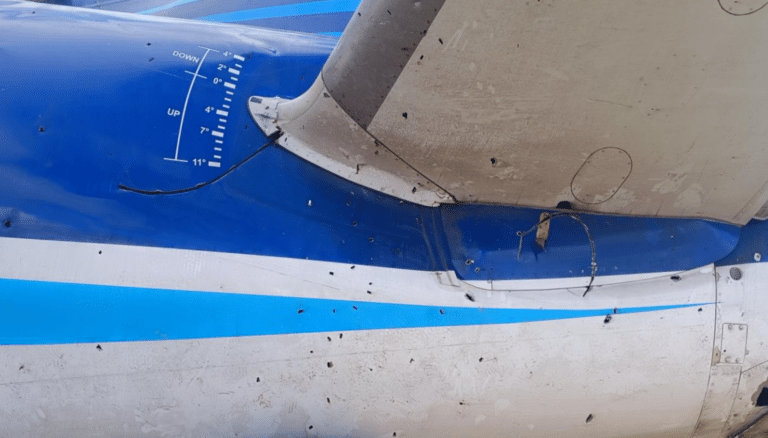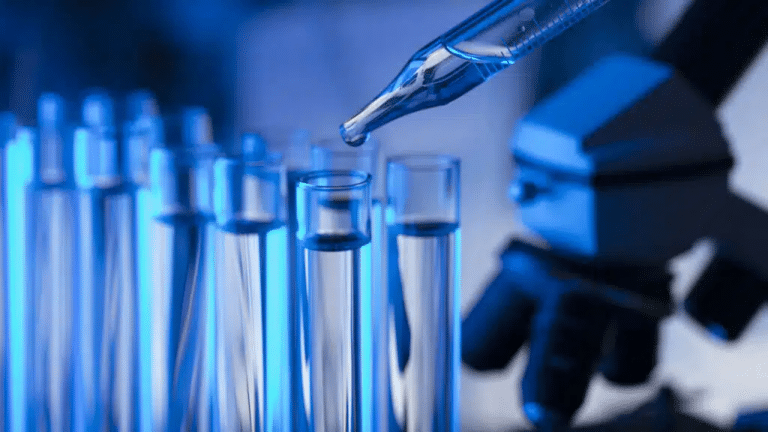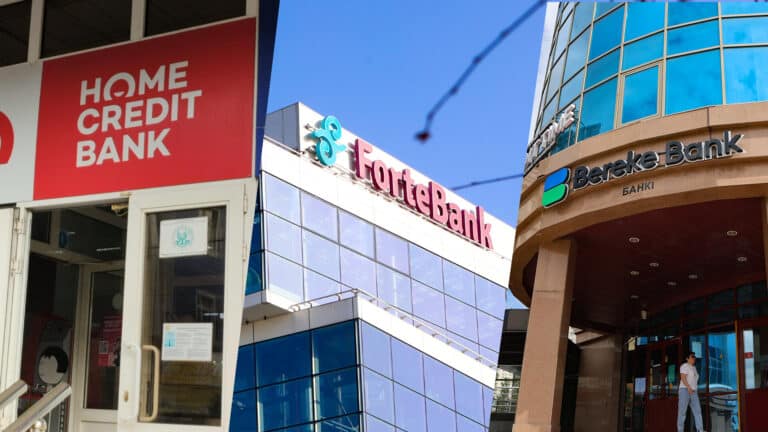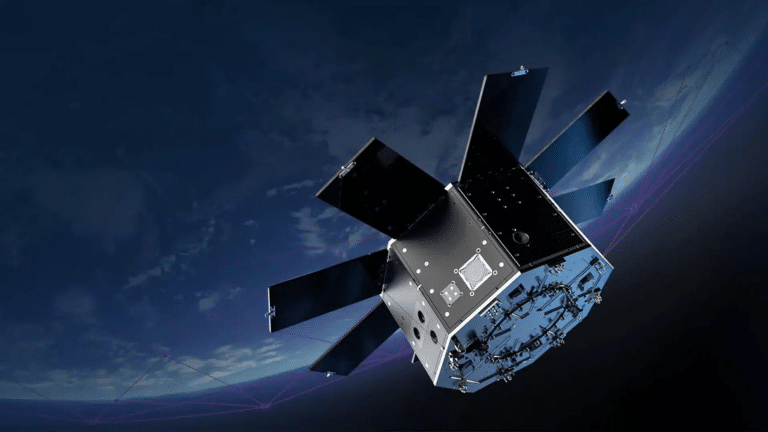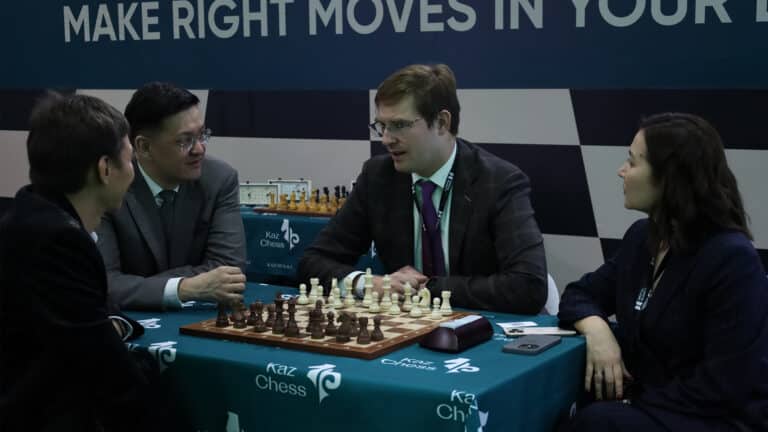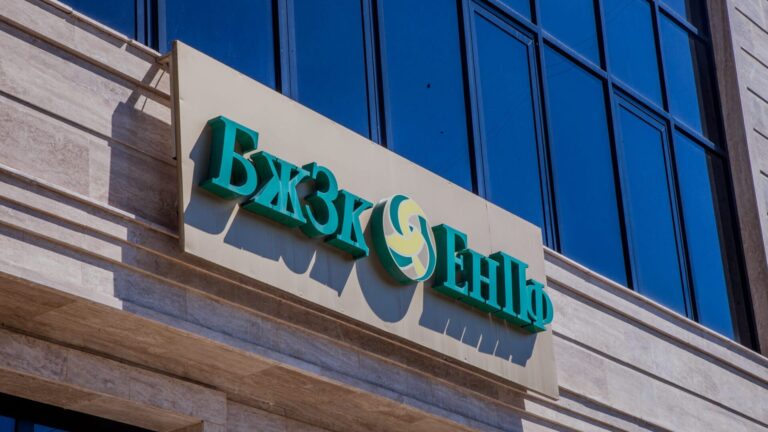
Shares of Poseida Therapeutics, which develops cell and gene therapies for cancers and genetic diseases, skyrocketed nearly 230% on Tuesday, November 26. The surge came after the announcement of its acquisition by pharmaceutical giant Roche, with the deal valuing Poseida at $1.5 billion — triple its highest market value in the last year.
Details
Poseida Therapeutics stock surged nearly 230% on the Nasdaq on Tuesday to close at $9.40 per share. This marks the highest single-day gain in the company’s history. Still, the stock remains below its IPO price of $16 per share from summer 2020.
Earlier in the day on Tuesday, Poseida announced an agreement to be acquired by Roche. The deal values the company at $1.5 billion, or $13 per share, with $9 of that to be paid upon the deal’s closing and the other $4 contingent on the achievement of unspecified milestones. According to Nasdaq data, Poseida’s share price fluctuated between $1.87 per share and $4.27 per share over the last year. Roche’s offer is thus triple the stock’s last-twelve-month high and nearly 40% above its closing price on Tuesday.
Poseida’s board of directors has approved the deal, which is expected to close in the first quarter of 2025, and has recommended that shareholders tender their shares.
Why Roche is acquiring Poseida Therapeutics
Poseida specializes in allogeneic CAR-T cell therapies, an individualized treatment that uses human cells (“allogeneic” indicates the use of a donor’s cells). The company targets hematologic cancers, autoimmune diseases, and solid tumors (cancers with defined shapes and boundaries). While CAR-T cells are already used to treat certain conditions, Poseida claims its approach employs cells that are “long-lived, multi-potent, and self-replicating.”
The company’s second innovation is a gene-editing platform, including a non-viral delivery system to integrate these genes into the human body.
“This exciting acquisition will allow us to drive further progress in allogeneic cell therapy,” said Levi Garraway, Roche’s chief medical officer and head of product development, as quoted in the Roche press release.
Garraway highlighted that the two companies have been collaborating since 2022 on several cell therapy programs. He expressed satisfaction with their progress, citing recent early clinical data for Poseida’s cell therapy for myeloma. Another program focuses on CAR-T cell therapy for B-cell malignancies, including chronic lymphocytic leukemia and mantle cell lymphoma — an aggressive cancer with a median survival time of six to seven years. Additionally, Poseida has filed an application with the U.S. FDA to evaluate this program’s potential in treating multiple sclerosis and systemic lupus erythematosus, according to Roche.
As Barron’s notes, Roche has made other acquisitions beyond Poseida in the last year, acquiring point of care technology from LumiraDx and investigational cancer drugs from Regor.


